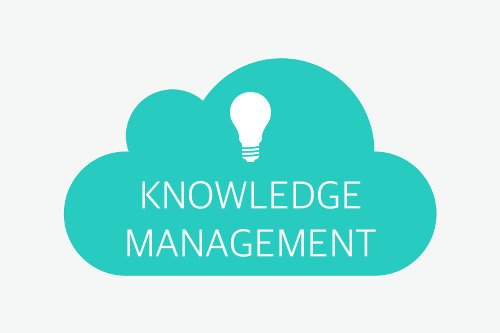Knowledge Management Systems: The Ultimate Guide

Knowledge management is the process of collecting, analyzing, understanding, and storing data to help your team reach peak performance. It’s a system that businesses use to store and access information about customers, products, processes, and other relevant data. In this blog post, you will learn everything you need to know about knowledge management systems. Let’s begin!
What is a knowledge management system?
A knowledge management software is a platform that helps your employees share information with one another. It acts as a centralized database that makes information easy to find. Ideally, you should use a knowledge management system to track company processes and procedures. It’s a place where employees can share ideas and collaborate on projects. You can use a knowledge management system to track customer data, analytics, and more. Basically, it’s a way to gather and store information for future use.
Why is KM Important?
Many companies talk about knowledge management and actively work to build their knowledge base. They use terms like “employee empowerment” and “employee engagement”. But very few actually know what they mean and how they can implement them. If you want to boost your company’s performance and productivity, you need to invest in knowledge management. A well-thought-out knowledge management strategy is an investment in your company’s long-term growth and success. When implemented properly, knowledge management systems can save your company lots of money. They can also improve employee satisfaction and make your company more competitive. A robust knowledge management strategy encourages employee engagement and participation. You can use it to train new hires on the ins and outs of your company. A knowledge management system is a way to transfer the wealth of experience and knowledge from employees who are retiring.
Types of Knowledge Management Systems
There are three main types of knowledge management systems: – Centralized knowledge management – A centralized knowledge management system consists of a single database that employees can use to store and access information. This is the most common type of knowledge management system used in organizations today. – Decentralized knowledge management – A decentralized knowledge management system is distributed across multiple databases. It’s a bit more challenging to implement and manage than the centralized knowledge management system. – Social knowledge management – A social knowledge management system is a combination of centralized and decentralized knowledge management. You can also think of it as a “hybrid” knowledge management system.
What to look for in a Knowledge Management system?
There are a few key features and characteristics you should look for when choosing a KM system. Here are some of the most important ones: – Reliability – You want a system that is reliable and won’t lose data. Your knowledge is important and you want to make sure it is safe and secure. – Security – You want a system that keeps your data safe from hackers and other cyber threats. – User experience – Choose a system with a user-friendly interface. You want something that is easy to navigate and use. – Ease of implementation – The system you choose should be easy to integrate with your existing software. – Data portability – You want a system that allows you to export your data. This is important if you ever decide to switch to a different knowledge management system in the future.
When to use a Knowledge Management system?
As you now know, knowledge management is crucial for any business. But you don’t want to force your employees to use the system. A successful knowledge management system is one that employees use voluntarily. Anything that forces employees to use it will likely fail. With that being said, you need to implement a knowledge management system early on. You want to collect and store data as soon as it becomes available. This will make it much easier to find later down the road. You can use a knowledge management system to track almost any type of information. You can use it to store employee insight, customer data, product information, and more.
Conclusion
A knowledge management system is an essential tool for any organization similar to an inventory management tool. It is a great way to collect and store information that can help your business run more efficiently. Keep in mind that it is important to implement a knowledge management system early on. And you want to make sure your employees are actively using it.


![Photo of [fight-night] Bryan Mercado vs. Victor De Jesus Live Free @BOXING Canada Scores, Fixtures and Results](https://blogspinners.com/wp-content/uploads/2022/09/vRDh3IL-390x220.jpg)


